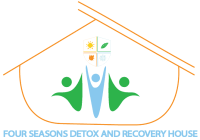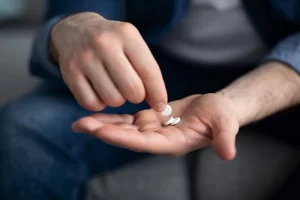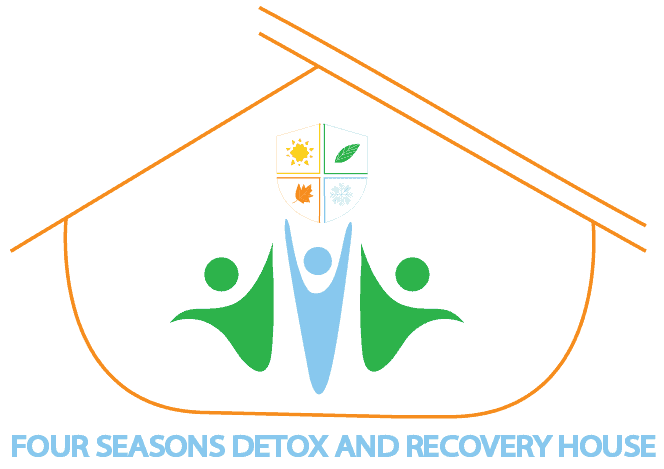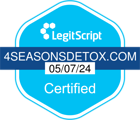Discovering that a loved one may be struggling with substance abuse can be a heart-wrenching and confusing experience. The journey of addiction is complex, affecting not just the individual but their entire circle of friends and family. If you suspect a loved one is facing this challenge, taking immediate, thoughtful action can help. Here’s a step-by-step guide on how to help a loved one with addiction, including recognizing signs of substance abuse, starting the conversation, and finding the right support.
Identifying Signs of Substance Abuse
Recognizing the signs of substance abuse is the first critical step in helping your loved one. These signs can vary widely depending on the substance used, but some common indicators include:
- Behavioral Changes: Look for unexplained changes in behavior such as secrecy, withdrawal from social activities, or sudden mood swings.
- Physical Health Issues: Noticeable weight loss or gain, poor personal hygiene, and unusual sleep patterns are common red flags.
- Financial Problems: Sudden requests for money without a reasonable explanation or discovering that money or valuables are missing can also be signs.
- Work or School Issues: A noticeable decline in performance or increased absenteeism can be indicative of substance abuse.
By being aware of these signs of substance abuse, you can better gauge when to take action.
Starting a Conversation
Once you’ve identified signs of substance abuse, the next step is initiating a conversation. This can be incredibly challenging, as the topic is sensitive and potentially confrontational. Here are some tips on how to talk to an alcoholic or someone abusing substances:
- Choose the Right Time and Place: Find a private, quiet place and a time when your loved one is most likely to be sober.
- Communicate With Empathy: Use “I” statements to express your concerns without blaming. For example, say “I feel worried about you because…” instead of “You are always…”
- Listen Actively: Allow them to share their thoughts and feelings without judgment. This can provide valuable insights into their struggles.
Planning an Intervention
Sometimes, a casual conversation might not be enough if your loved one is deep into their addiction. In such cases, organizing an addiction intervention can be a more structured approach to persuading them to seek help. Here are some addiction intervention tips:
- Involve a Professional: Consider hiring an intervention specialist who can guide the process and handle unexpected situations.
- Gather Support: Involve close friends and family members who are genuinely concerned and affected by your loved one’s behavior.
- Prepare the Message: Each participant should have a prepared statement outlining specific incidents where the addiction caused problems, expressing their concern and love.
Finding the Right Support
After addressing the issue, the next step is finding the right support. This can range from rehabilitation centers that offer comfort and privacy to more accessible community resources. Here are some options:
- Luxury Detox: For those who prefer a more private recovery setting with amenities that make the detox process as comfortable as possible.
- Support Groups: Organizations like Al-Anon provide support for families of addicts and can be a great resource for both you and your loved one.
- Therapy and Counseling: Professional help from a psychologist or psychiatrist can be essential in addressing the root causes of addiction.
Supporting Long-Term Recovery
Supporting a loved one through recovery is a long-term commitment that involves several stages. Understanding the 6 stages of alcohol recovery can help you provide the appropriate support at each stage. These stages range from pre-contemplation and contemplation to preparation, action, maintenance, and relapse, which might require different approaches and resources.
Conclusion
Watching a loved one struggle with addiction is never easy. By taking informed steps and providing the right support, you can make a significant difference in their recovery journey. Remember, the path to recovery is often long and fraught with challenges, but with patience, empathy, and the right resources, hope and healing are within reach.
By equipping yourself with knowledge and understanding how to help a loved one with addiction, you can be a pivotal part of their journey towards a healthier life.






